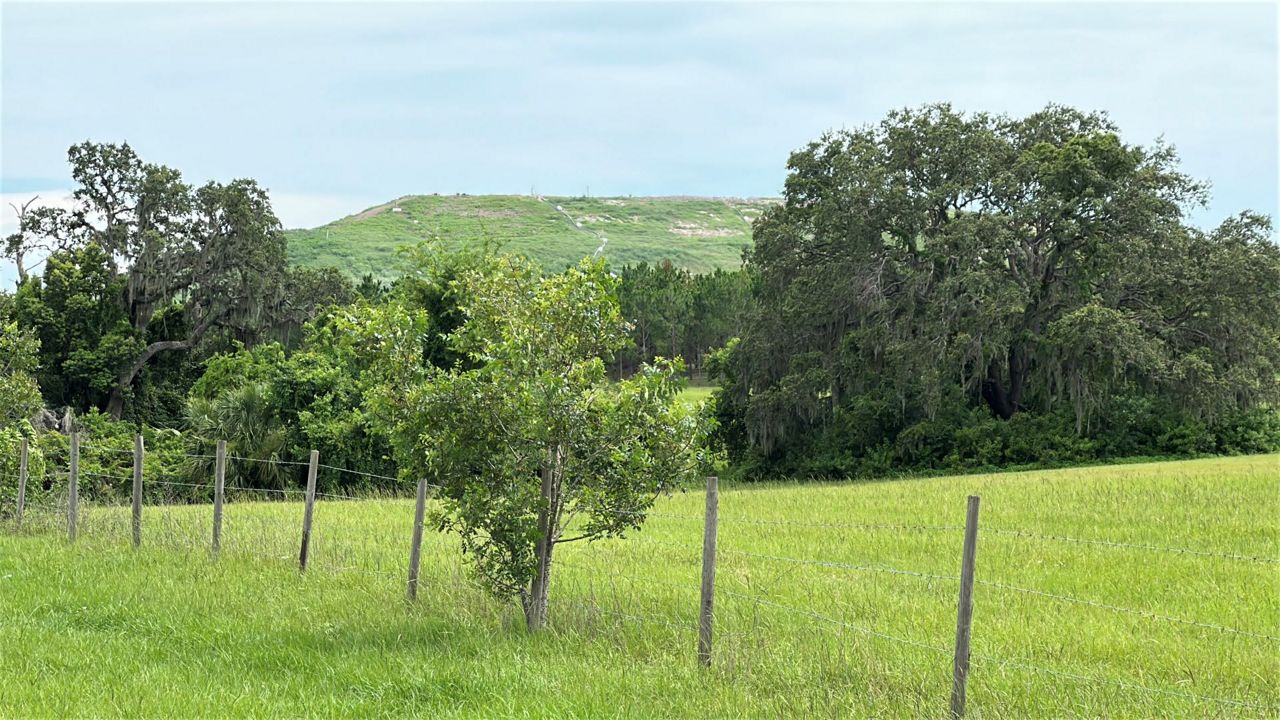BUSHNELL, Fla. — As a stinky situation continues in Sumter County, officials are working to eliminate the source that is creating a foul odor in Bushnell.
What You Need To Know
Bushnell has yet to confirm where the stinky smell in the area is coming from, but upon investigation, it found that the Heart of Florida Landfill had violated its permit conditions and regulatory requirements
Sumter County commissioners are working on drafting a letter to be sent to Florida DEP, asking if a Class 1 well would be a suitable alternative
The county has requested a public hearing on the research and to further explore this option
The city of Bushnell entered an agreement with Arcadis U.S. Inc. to provide third-party oversight of the Heart of Florida Landfill after findings that the landfill had supposedly violated its permit conditions and regulatory requirements. There has been discussion of the possibility of a deep-well injection.
Over the course of several months, residents have complained to the city of Bushnell, demanding answers.
“The smell hit me in the face, and it was really heavy, smelled like chemicals and plastic burning,” Sumter County resident Alexandra St. Martin says.
The city of Bushnell has yet to confirm where the smell is coming from, but upon investigation, it found that the Heart of Florida Landfill had violated its permit conditions and regulatory requirements.
The landfill has submitted a corrective action plan to comply with the requirements. It is looking into a Class 1 operation permit to install an injection well that could be used to get rid of leachate from the landfill. But in order to do so, the Florida Department of Environmental Protection would need to issue the permit.
It’s an option Florida DEP is looking into but is raising questions for residents.
“I’m concerned for what this means for our aquifer and springs,” St. Martin says.
Timothy Townsend is a University of Florida professor who specializes in waste and resource management. He says leachate is the wastewater collected from landfills that is made of a variety such as salts, nutrients and even small amounts of chemicals. He says one way landfills are managing leachate is through a deep well.
“It’s a large well that is sunk into the Earth very deep. The idea is that you are putting that leachate wastewater into a section where water would ever be used or contaminated,” Townsend says.
Townsend says the concern with leachate given that it’s a water is what it will do to the groundwater, surface water or soil if it were not managed correctly.
“I don’t know that I have come across any data that suggests there has been any contamination that’s been a result of that, but some question whether it is the best approach for the future right now,” Townsend says. “All I can tell you is the way they are designed and the way they are supposed to be operated should take that water and put it deep in the Earth, so you don’t see it again.”
Although the issue falls under Bushnell’s jurisdiction, Sumter County commissioners have weighed in on the matter.
They are drafting a letter to Florida’s DEP, asking whether a Class 1 well would be a suitable alternative. The county has requested a public hearing on the research and to further explore this option.
In addition to the letter from the county, Sumter County Commissioner Andrew Bilardello sent his own letter to the DEP in opposition to a permit for a deep-injection well.

